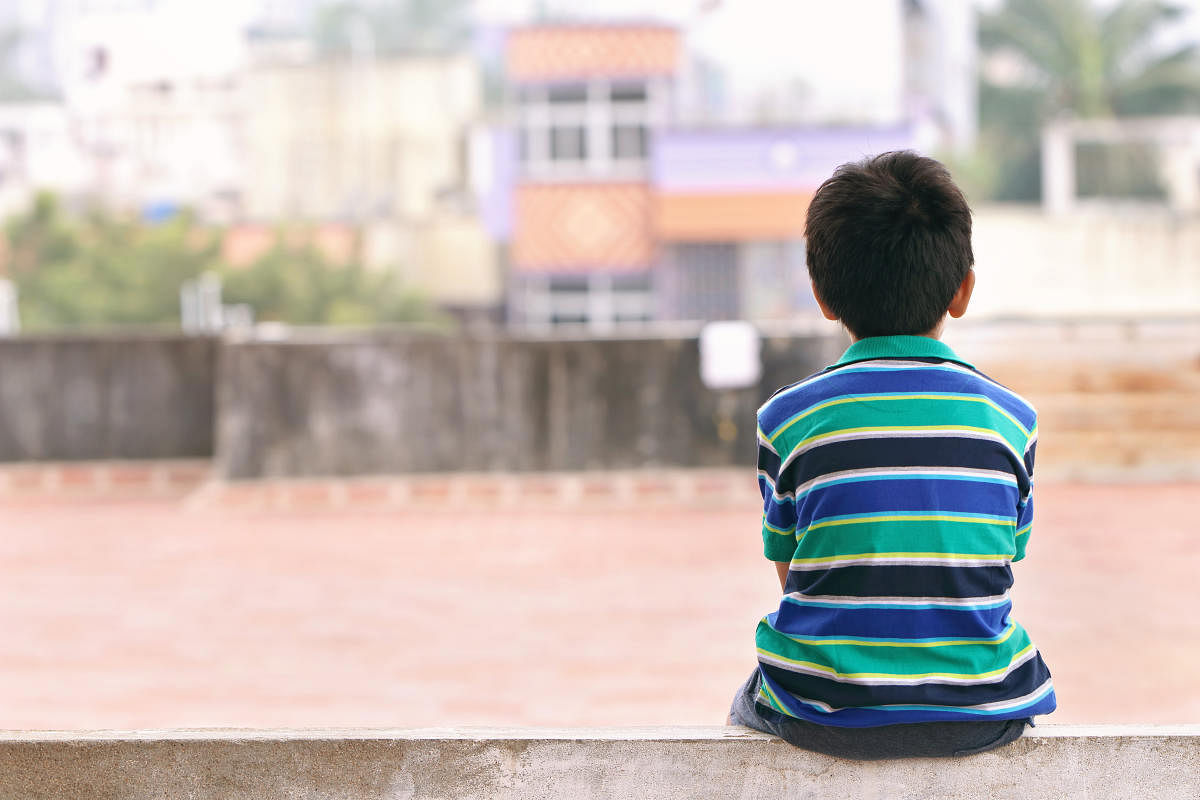There is a sense of mystery surrounding anger. Where does it come from? Is it okay to be angry?
Anger is an emotion and is as valid as any other emotion because there is no ‘right’ or ‘wrong’ emotion. Emotions just are, and all of them are valid. So, is it okay to be angry?
It is. But we need to be able to differentiate between the emotion of anger and the behaviour which anger causes. The emotion is valid but sometimes our behaviour when we are angry can damage relationships and cause physical and emotional injury.
Anger is a secondary emotion. You don’t just get angry in a vacuum. You get angry because some other primary emotion is being experienced. It could be a sense of loneliness, rejection, isolation, frustration, fear, jealousy — the list could go on.
When these emotions are experienced but not acknowledged, understood, and expressed, they may result in anger. The anger must be recognised and expressed to avoid a big outburst or a temper tantrum.
Imagine a volcano where lava simmers for years. The pressure builds incessantly and suddenly there is an eruption. Anger is like that. If unexpressed primary emotions are left to simmer, the pressure of holding everything in becomes too much and then there is an explosion. Some volcanoes, however, do not explode as they have steam vents that release pressure over years. We need these vents too, we need to express our emotions as they come up so that there is never enough build-up for an ‘explosion’.
Next, imagine that you are blowing up a balloon and filling it up with anger. When you can’t hold it anymore, the balloon drops in free-fall and follows a random trajectory, releasing air in random directions.
If, however, you fill it in a controlled way, you can control the way the air exits on a focussed target. There is a great chance that suppressed anger will suddenly land on an unsuspecting person who won’t know what hit them.
Suppression
If anger is valid and it must be expressed, what better age to learn how to do that than when you are a child. But what do we normally teach our children? We tell them not to get angry. We fail to differentiate between the feeling of anger and the behaviour that it causes. This is a significant difference that parents and educators must understand and help their children understand.
If a child is angry, try and help them understand their anger. What triggered it? How can they express their anger in an appropriate way?
I remember an incident when my daughter came back from her nursery school many years ago and I could tell by her body language and facial expression that she was angry. A typical response is often to admonish children for being angry.
However, I did not say anything and just stayed with her in her experience, holding back my judgment and my curiosity. A little while later, she went into her room, coloured a whole page in her notebook with a black crayon and was back to her normal self after drawing the target of her anger as a volcano. Expressing her anger this way helped her calm down.
All too often, as a part of my therapy practice, I meet clients who are filled with rage but either do not have the tools to express their anger or are unable to give themselves the permission to express their anger. Their interpretation of some childhood experiences has taught them that expressing anger is not okay, or even that feeling angry is not okay.
So, to be the ‘good child’, they hold it all within, only for it to manifest in later years — sometimes on random targets and at other times on important relationships (like ageing parents, partners, children, or colleagues).
If there is one fundamental principle that parents and educators must remember, it is this: all emotions are valid and need to be expressed. And a child’s emotions are as valid as those of an adult.
Don’t worry about their behaviours. Instead, focus your energy on paying attention to their feelings (no matter how uncomfortable that may be for you), encourage them to express those feelings, and give them the tools to deal with them.
You will be giving them, and yourself, a lifelong gift in the process.
(The author is a counsellor based in Bengaluru)
